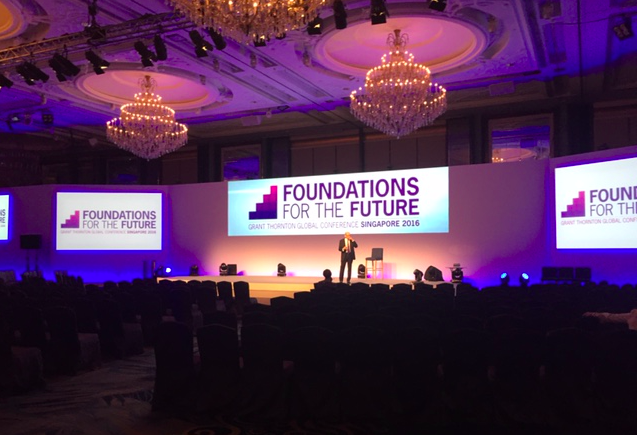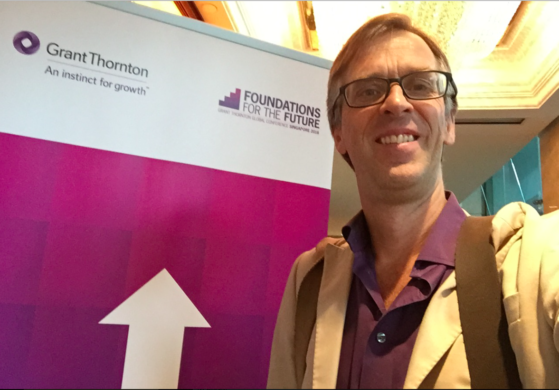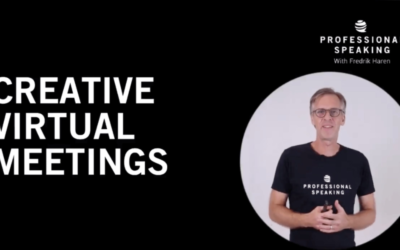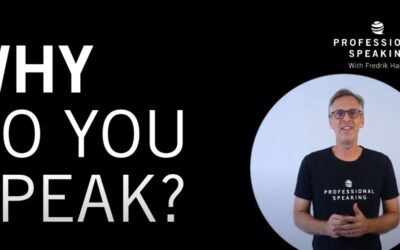
It is my experience that when a client books me for a keynote they already know why they want me to speak. Usually someone at the client have heard me speak before and wants me to give the same message (or similar) to what they heard to this new group that they are booking me for.
And since I speak globally I can almost never meet up with the client beforehand to be briefed, so the brief happens on the phone, usually in a conference call that is shorter than one hour.
But even if the brief is short, that doesn’t mean you can not do your fair share of research to find out more about the group you are speaking to.
Let me exemplify with the group I spoke for today: The global management conference of Grant Thornton: 140 CEO’s of the different member companies of Grant Thornton from 100+ different countries.
I had a briefing call with the client on the phone. (to get the gist of what they wanted to get out of my speech and to learn more about the group.)
I then asked to get (and got) all the material that the delegates to the conference would receive. (so that I could put my speech in context with the rest of the conference.)
I also asked for (and got) their strategy documents, and any other documents that would be relevant for this conference. (To learn where the company is now and where they are heading.)
I, of course, googled the clients name to read up on the latest news about the company and went to their website etc to get a feel for how they communicate with the external world (So to be able to use references to relevant things that was going on in their company or industry.)
I asked for (and got) the slides of the speaker who would speak before me. (So that I could get a feeling of what the audience would have heard just before I got up on stage.)
I got a second briefing meeting with the global CEO on Sunday when he had arrived in Singapore. (To get his view on what he wanted me to achieve with my talk.)
I then arrived early today to listen to the CEO practice his speech to the audience that he would deliver AFTER my speech (So that I could align my speech with the speech he would be doing later, and also to get a feeling of the room from the perspective of the audience.)
I also grabbed a few attendees before my session to hear their view of the company. (To make sure the brief from HQ was in line with what the delegates thought about the company.)
In the coffee brake before my speech I got a hold of the speaker who had spoken before me (on branding) to test the message that I was going to deliver. (So that I could be sure that the audience would feel that our two messages where in line with each other.)
I had a short chat with one of the members of the board to make sure I got the boards view on the direction of the company to make sure my speech fitted well with that.
And so on.
All of these “brief extra briefings” make my overall understanding of my assignment much deeper.
Lesson: Doing research for a keynote is not necessarily about spending hours and hours in briefing meetings, or on the Internet – it’s about doing many different kinds of connections with the client to learn as many different things as possible about the company, the industry, the audience, and the room.

(Picture of me outside convention centre with the purple theme of the conference, wearing a purple shirt, since one person in one of the briefings before the convention had used the phrase “the purple people” about the employees of Grant Thornton and because I had seen a few of the delegates on Sunday wearing purple clothes even before the convention started. So thought I should “live the brand.”)




